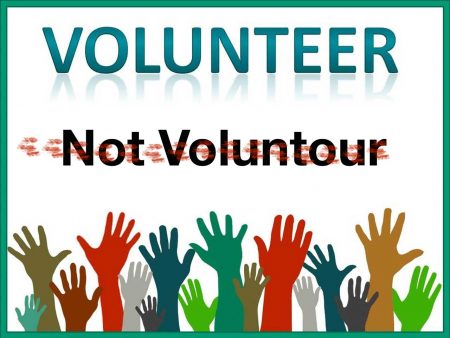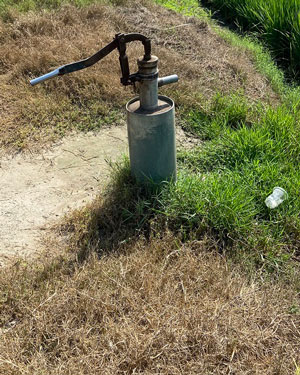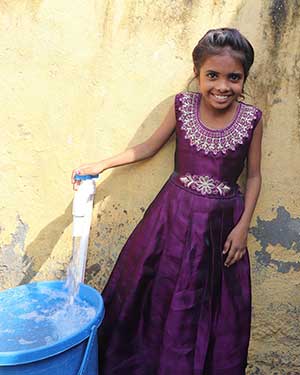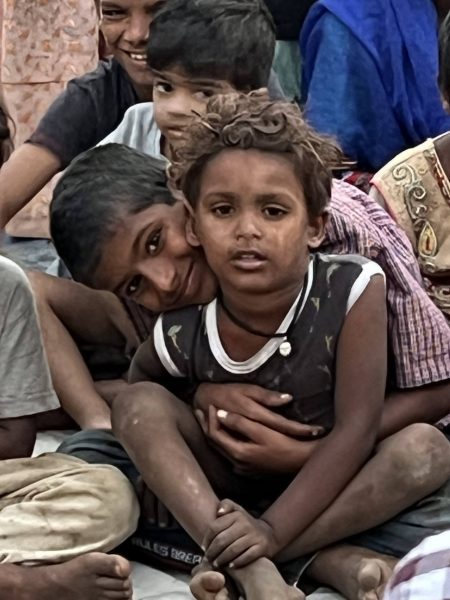No voluntourism
This is a wordy page because the topic is important to understand
Voluntourism has been a hot topic in recent years. It’s complicated with many facets. One aspect is the practice of people taking trips to other countries and visiting orphanages to do “good works”. Often these good works result in the volunteer feeling better but sadly it can be more about themselves than making long lasting differences.
The difficulty is that listening to some people might lead you to think ALL orphanages are “fake” money making ventures which only help the business people running them. Often these children are not orphans but forcefully taken to these institutions.
Sadly these types of institutions do exist. There has been many stories of children being moved from home to home simply so volunteers can come and supposedly help.
There have also been stories of children being forced into what is now called Modern Day Slavery and other forms of abuse. A number of countries have seen great increases in the number of institutionalised children over recent years.
To say every facility for children is guilty of these practices is equally wrong in our eyes and we actively ensure our programs are providing safe long-term loving environments and care.

The challenges are different in different countries and cultures
It would be wonderful if there were no need to provide care for children in need due to abandonment etc. and while some countries have reached this level of change many countries are still finding their way. Every country is different and so should not be all lumped together.
Direct comparisons to homes in other countries are often simply not accurate. Heart For Kids has been serving in Government-run facilities in China for nearly 20 years. Children in these homes are there because they have no parents or they have been abandoned for various other reasons and parents whereabouts is unknown. When we opened Doves Wings our vision was to provide smaller family groups of 6 to 9 children living in loving environments with dedicated local caregivers.
In this environment children are also prepared for their eventual adoption which we have seen more than 30 occur. They get used to people from other countries, different food styles etc.
It’s important to realise why H4K’s has volunteers who come to help and the specific roles they have. Some volunteers live in the area and regularly come each week to assist the childcarers. They help with regular jobs around the home, helping when a carer may be absent on holidays or sick leave etc. Other volunteers come from overseas and have specialist skills which help in the care of the children and the training of our carers. Our teams and volunteers are not modelled on voluntourism practices.
We lead volunteer teams whose members come from various countries. Team members are vetted and multiple references are obtained to ensure they are suitable for the visit. These team members also help with everyday chores in the home and provide additional practical care for the children. Many team members come year after year at their own expense. Teams are not profit-making ventures for Heart For Kids.
As well as helping in Doves Wings our teams help with our other programs serving children and adults with special needs who live in orphanages or aged care homes. They also help with English teaching activities and other opportunities that arise from time to time like these. Our volunteers are kept busy on teams that are very “hands-on”. People do not come to look and see what’s happening but to actively help in practical daily ways.
For some years we have also been partnering in a children’s home in India. Before we entered into this partnership we had many talks, input from others and visited to ensure we had a realistic understanding of the work being undertaken. Having had so many years of experience in China we believe we could see when the leadership of an orphanage or children’s home was not genuine.
Our partner has been serving children for nearly 20 years. The children are not all orphans as some have a parent. However their parent may have a terminal disease, severe poverty and lack of employment which leads to a situation where the child simply cannot be cared for. If there are no safety concerns children are allowed to visit with their families from time to time.
Where our work in is with young adults the same fears or risks of voluntourism are similar but different.
It's important role modeling
Teams also perform an important role by modeling other child care practices which may be new to our local carers. Other activities like play and craft times are also improved when volunteers come and share new activities etc. We believe our model of volunteering provides benefits for the children, carers and the volunteer.
We respect and value every volunteer who gives up their time and resources to serve. We believe our framework (including a strong child protection policy that must be worked within) allows volunteers to see firsthand the needs and contribute in meaningful ways for the long-term benefit of the local children and staff.
Unfortunately making broad statements can lead to organisations who are practicing well thought-out policies and strategies being grouped with those institutions who are sadly harming children and staff.
One adoptive mum wrote to H4K’s saying her new daughter could love others because she had been taught what love is. The teaching being modeled by our caregivers and volunteers is very different from voluntourism or Modern Day Slavery activities.
I’m extremely thankful to all those volunteers who come and encourage anyone considering volunteering to read more information on our teams here.
David Ryan
Founder / Snr Leader
Heart for Kids

- Please Email
- [email protected]
- Heathcote NSW Australia
Heart for Kids is a charity registered with the Australian Taxation Office as an income tax exempt charity. Heart for Kids is holder of ABN 77 612 163 265. For tax exemption in other countries please contact us.





